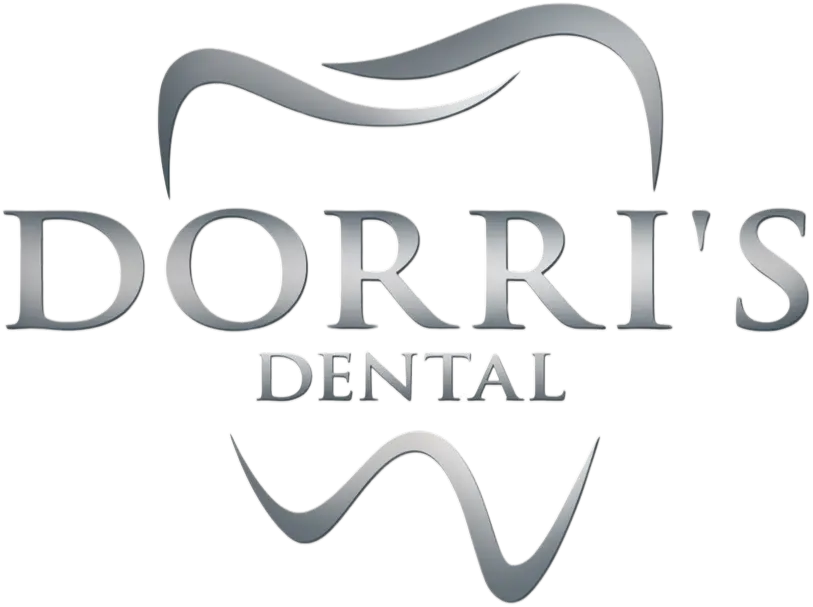Choosing the Right Veneer Material: A Guide for a Natural Look in Boynton Beach, FL
Thinking about getting veneers to perfect your smile? It’s a big decision, and one of the first things people wonder is, “What kind of veneers look the most natural?” Or, “Which material will last the longest?” We get it! Here at Dorris Dental, we’re here to guide you through the options and help you achieve that flawless, natural-looking smile you’ve always wanted right here in Boynton Beach. Located at 12658 S Military Trl Suite 104, we’re your neighbors and we’re dedicated to providing top-notch cosmetic dentistry.
Understanding Veneer Materials
Veneers are thin shells that are custom-made to cover the front surface of your teeth. They can fix a variety of cosmetic issues, like:
- **Chipped or cracked teeth:** Accidents happen, and veneers can restore your tooth’s appearance.
- **Stained or discolored teeth:** When whitening isn’t enough, veneers can provide a brighter, more even color.
- **Gaps between teeth:** Close those unwanted gaps for a more uniform smile.
- **Misshapen teeth:** Correct minor irregularities in tooth shape and size.
Types of Veneer Materials
The two main types of veneer materials are porcelain and composite resin. Let’s dive into each one to understand their pros and cons.
Porcelain Veneers
Porcelain veneers are a popular choice for achieving a natural look. They’re known for their durability and stain resistance.
- **Appearance:** Porcelain mimics the light-reflecting properties of natural teeth, giving them a very realistic look.
- **Durability:** Porcelain veneers are strong and can last for 10-15 years with proper care.
- **Stain Resistance:** They resist staining better than composite resin, so your smile stays brighter longer.
- **Cost:** Generally, porcelain veneers are more expensive than composite resin veneers.
- **Procedure:** Requires at least two visits to prepare the teeth and place the veneers.
Composite Resin Veneers
Composite resin veneers are made from a tooth-colored resin material. They are often a more budget-friendly option.
- **Appearance:** While they can look good, composite resin veneers don’t reflect light in the same way as natural teeth or porcelain.
- **Durability:** Composite resin is not as strong as porcelain and may need to be replaced sooner, typically after 5-7 years.
- **Stain Resistance:** They are more prone to staining than porcelain veneers.
- **Cost:** Composite resin veneers are generally less expensive than porcelain.
- **Procedure:** Can often be completed in a single visit.
Thinking about the longevity of your veneers? Explore veneers and what your options are with Dorris Dental.
Choosing the Right Material for a Natural Look
So, how do you decide which material is right for you?
- **Consider your budget:** Porcelain veneers are an investment, while composite resin veneers are more affordable.
- **Think about your lifestyle:** If you drink a lot of coffee or tea, porcelain might be a better choice due to its stain resistance.
- **Discuss your expectations with us:** We can help you understand the pros and cons of each material and choose the best option for your individual needs.
- **Prioritize aesthetics:** If a truly natural look is your top priority, porcelain is often the preferred choice.
Maintaining Your Veneers
Regardless of the material you choose, proper care is essential to keep your veneers looking their best.
- **Brush and floss regularly:** Just like your natural teeth, veneers need daily cleaning.
- **Avoid abrasive toothpaste:** These can scratch the surface of your veneers.
- **Use a soft-bristled toothbrush:** Gentle cleaning is key.
- **See us for regular check-ups:** We can monitor the condition of your veneers and provide professional cleanings. Routine dental exams are a must.
- **Avoid biting on hard objects:** This can chip or crack your veneers.
FAQs About Veneer Materials
Here are some common questions we hear about veneer materials:
Q: Will my veneers look fake?
A: When done correctly with high-quality materials, veneers should look very natural. Porcelain veneers, in particular, mimic the appearance of real teeth exceptionally well.
Q: How long do veneers last?
A: Porcelain veneers typically last 10-15 years, while composite resin veneers last 5-7 years.
Q: Can veneers be whitened?
A: No, veneers cannot be whitened. That’s why choosing the right shade initially is so important. However, we can certainly help you maintain your new smile with professional cleanings. You may even be interested in our whitening treatments!
Q: Are veneers painful?
A: Most people experience minimal discomfort during the veneer procedure. We use local anesthesia to ensure you’re comfortable.
Q: What if a veneer chips or breaks?
A: While veneers are durable, they can sometimes chip or break. If this happens, contact us right away. We can often repair or replace the veneer.
We know choosing the right veneer material can feel overwhelming, but we are here to help simplify the decision and get you the smile you are looking for. We pride ourselves on providing personalized dental care to the Boynton Beach community. We understand that a confident smile can make a world of difference. If you’re ready to explore your options and find the perfect veneers for your smile, we encourage you to reach out to us at 561-677-9080 to schedule a consultation or conveniently book an appointment online. We’ll discuss your goals, assess your individual needs, and help you determine the best path to achieving a natural-looking smile with the best veneers possible.
Choosing the right veneer material is a key step towards achieving a smile that looks and feels natural.





